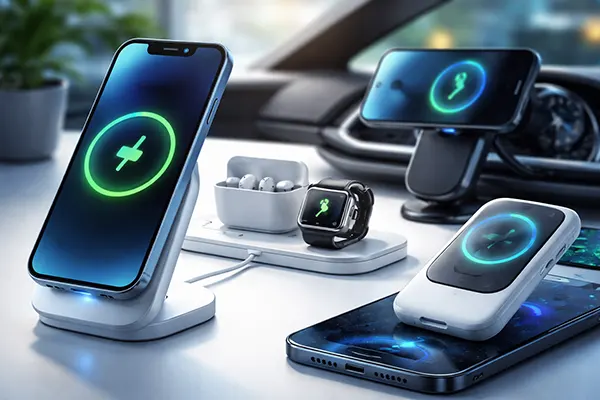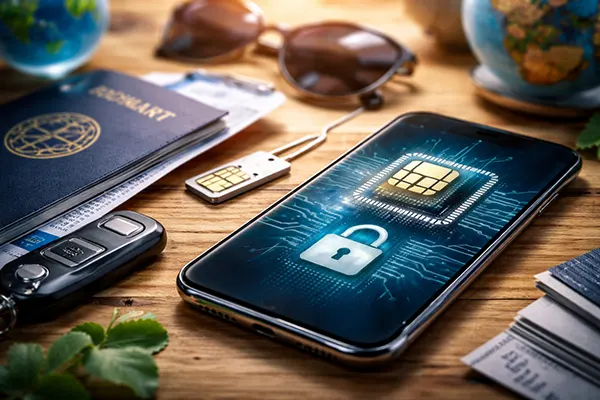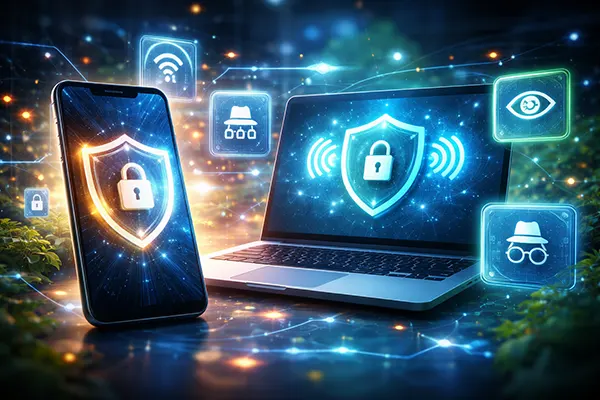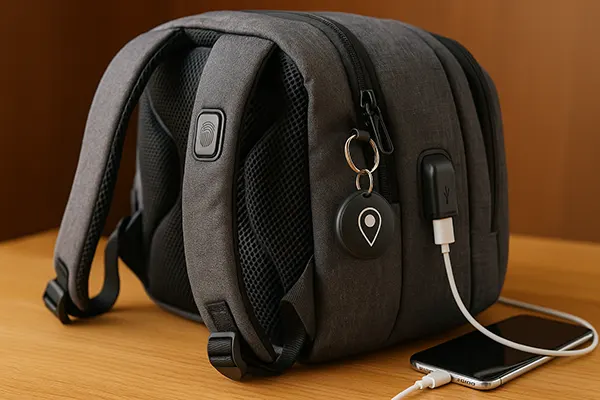How to protect your smartphone?

In the modern world, smartphones have become an integral part of our lives, storing a huge amount of personal information. However, with the growth of technology, the risk of data leakage increases, as well as the possibility of surveillance of users. The first step in protecting your smartphone is to use a complex password or PIN code. Try to avoid simple combinations such as “1234” or “0000”. Instead, choose passwords consisting of numbers, letters, and special characters. In addition, modern devices offer biometric authentication, such as fingerprint or facial recognition, which provides an additional layer of security.
Software Updates
Regularly updating the operating system and applications is a key aspect of security. Updates often contain vulnerability fixes and security improvements. Set up automatic updates to always have the latest software versions. If you haven’t visited the kartac casino com games app for a long time, it is highly recommended that you update it before applying for a tournament.
Using antivirus software
Installing antivirus software on your smartphone helps protect against malware and phishing attacks. Choose proven antiviruses with a good reputation and regular updates to the threat database. Antivirus software scans your device for suspicious programs and warns you of possible risks.
Enabling data encryption
Data encryption is the process of converting information into code that can only be read with a special key. Enable encryption on your device to protect your data if your smartphone is stolen or lost. Most modern devices have built-in encryption features that are easy to activate through security settings.

Using a VPN to protect your data on the Internet
Virtual private networks (VPNs) create a secure connection between your device and the Internet, hiding your IP address and encrypting your Internet traffic. This is especially important when using public Wi-Fi networks, which may be vulnerable to attacks. Choose reliable VPN services that do not save logs of your activity.
Limit access to personal data
Regularly check the permissions you give apps to access your data. Disable access to information that is not required for the app to work, such as contacts or location. Also, be careful when downloading apps from untrusted sources, as they may contain malware.
Two-factor authentication
Two-factor authentication (2FA) adds an extra layer of security when logging into accounts. It requires confirming your identity using a second device or a code sent to your phone. Set up 2FA for all important accounts, including email, access to the kartac casino com app, social networks, and banking apps.
Protecting your smartphone from surveillance and data theft is an important task that requires attention to detail and regular security updates. Using strong passwords, encrypting your data, installing antivirus software, and using a VPN are just a few of the methods that can help protect your personal information. Follow these tips to minimize risks and keep your data safe.




